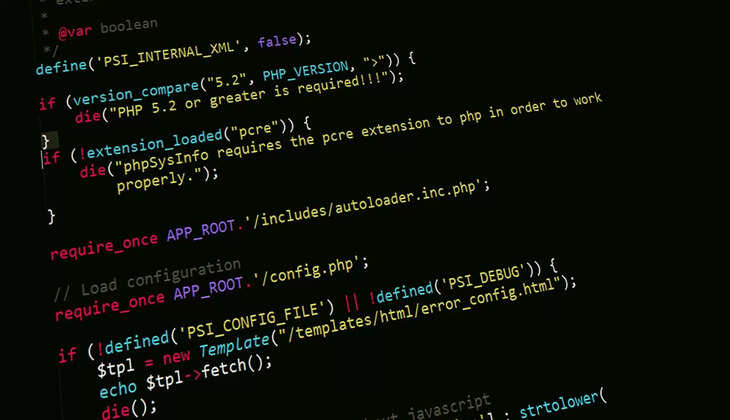How AI helpful in Study??

AI, or Artificial Intelligence, has revolutionized the field of education and is helping students and educators in various ways:
-
Personalized Learning: AI-powered adaptive learning platforms can tailor educational content and teaching methods to individual student needs, abilities, and learning styles. This personalized approach enhances engagement, comprehension, and retention of material.
-
Tutoring and Support: AI chatbots and virtual tutors provide students with instant access to personalized assistance and support outside of the classroom. These virtual tutors can answer questions, provide explanations, offer feedback, and help students with homework and assignments.
-
Data Analysis and Insights: AI algorithms analyze large amounts of educational data, such as student performance, learning patterns, and assessment results, to identify trends, insights, and areas for improvement. Educators can use this data to make informed decisions, optimize teaching strategies, and intervene when students are struggling.
-
Content Creation and Curation: AI tools assist educators in creating and curating educational content, including lesson plans, quizzes, assessments, and multimedia resources. These AI-generated materials save time, enhance quality, and ensure alignment with curriculum standards.
-
Language Learning: AI-powered language learning platforms use natural language processing (NLP) algorithms to provide personalized language instruction, feedback, and practice exercises. These platforms help students improve their language skills in a dynamic and interactive environment.
-
Automated Grading: AI-driven grading systems automate the process of grading assignments, tests, and assessments, saving educators time and effort. These systems use machine learning algorithms to analyze student responses and provide instant feedback, allowing for faster turnaround and more timely intervention.
-
Virtual Reality and Simulations: AI-enhanced virtual reality (VR) and simulations create immersive learning experiences that allow students to explore complex concepts, environments, and scenarios in a realistic and interactive manner. These immersive technologies enhance engagement, comprehension, and retention of material.
-
Predictive Analytics: AI-powered predictive analytics models forecast student outcomes, such as academic performance, dropout risk, and graduation rates, based on historical data and student characteristics. Educators can use these insights to identify at-risk students early and provide targeted interventions to improve outcomes.
Overall, AI is transforming the way education is delivered, personalized, and assessed, empowering students and educators to achieve better learning outcomes and preparing them for success in the 21st-century workforce.
